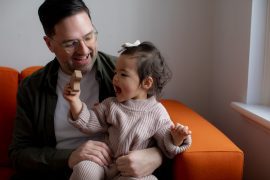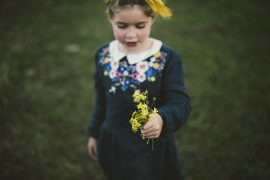Paradigm 3
This third paradigm is still gaining its foothold. By the 1980s, developmental psychology had begun to turn away from purely individualistic lines of inquiry and was beginning to embrace the role of sociocultural milieu in human creativity. In Robert S. Albert’s Toward a Behavioral Definition of Genius (1975), genius describes individual accomplishments with significant influence over contemporary culture and subsequent generations.
Part of that influence is a direct contribution to the creative potential of future genius. Our memes (transmissible units of culture) form a soupy collective consciousness that is the raw material for genius. Certain ideas cannot be conceived without the precedent of other ideas (humanity invented airplanes before rocket ships, for example). Therefore, while it may not come from a disembodied source–in the sense of geniuses, muses, and graces–human creativity is something very different from individual achievement, as it is mutually imbedded with the ever-increasing legacy of human culture as it is imagined and enacted.
When my father muses about the “real world”, I think he means that he hopes my son will eventually do something useful with his imagination; and while I understand that view, I have no doubt that he will. Yes: many people have innovative notions that they keep to themselves, ideals that they don’t act toward; however, developmentally, my 7-year-old is engaged in a rigorous regime of age-appropriate creativity practice. Minus too much individualized pressure, his practice will grow his sense of himself as an engaged member of a social and cooperative species, and he will confidently realize ideas that will enrich his life and the lives of others.
To My Children: In a certain sense, new generations are improvements on the ones that came before; yet each generation is quick to discount the knowledge and experience of parents and grandparents, certain that their own reality is THE reality. There is always room for hope and growth, for new ideas and for change. Still, pause now and then, despite your angst and your achievements, to be humble and appreciative as you reflect on the whole of humanity that has come before you.










